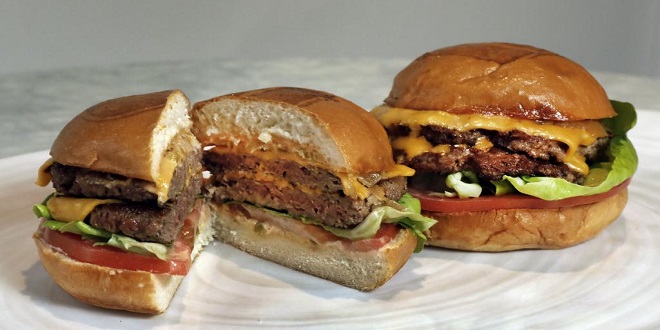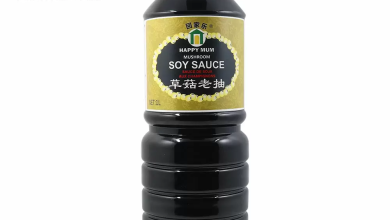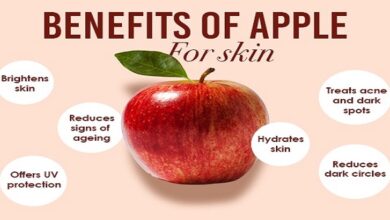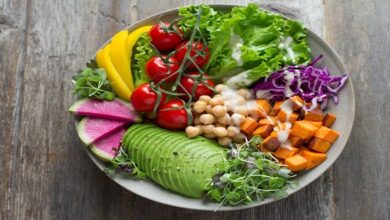A New Type of High-Tech Vegan Meat is Taking Over Carnivores

Anthony Bourdain, a great writer and chef, was not afraid to speak out about certain diets. His book Food Confidential 2000 states that vegans and their Hezbollah-like faction, the vegetarians, are an irritant to every chef worth his salt. I believe that life without veal stock and pork fat, sausages, organ meat, demi glace or stinky cheese is not worth it. VEGEATERS are an enemy of all good and decent in human spirit, and an affront at all I stand for, pure enjoyment of food. Bourdain had many admirers, including those who disagreed with his antivegetarian and anti-vegan views.
Bourdain, a late journalist and traveler and host of CNN’s parts unknown, won hearts with his love for people and their traditions. Bourdain’s kindness to others may not be remembered by future generations. Some vegan activists gave the impression they love animals but forget to love their fellow human beings.
However, future generations won’t agree with the celebrity’s views on vegetarians and vegans. The tide of change has, to use a lazy analogy: become a tsunami. Some estimates suggest that only 40% of the world will continue to eat meat by 2040. Stats show that the majority of people who have given up animal protein are motivated by concerns for animal welfare, health, and the environment. Few to none of those who have become vegans claim that they gave up meat because they hate its taste and texture. If they could be sourced without harming animals or the environment, everyone would still enjoy the foods Anthony Bourdain loved and called “a source for joy.”
But that perfect world is rapidly shrinking. Already, celebrity chefs and barbecue experts are promoting vegan meat substitutes. White is also the author of White Heat. This book has been cited repeatedly by Bourdain in interviews as a significant influence. The Guardian reported in late 2021 on a Marco Pierre White event at Leicester Square. There, the celebrity chef invited investors and connoisseurs as well as former MasterChef winners to try ‘alternative meats’ made with a 3D printer.
It is clear that once you convince the “godfather” of celebrity chefs, a man who was once called an “unabashed carbivore”, to promote a meat substitute product that is based on taste and texture and not on ethical or environmental issues, then we are at the beginning of a new era. New vegan meat products have been called “a whole new species” or “a new animal.” They are created by startups who only started creating artificial meat in 2020 but with a completely new mission statement.
They want to protect the environment and support animal welfare, but this comes second to creating alternative meat that is more meaty. Reuters reported that the 3D-printed beef substitute was being developed in Israel, Germany, the Netherlands, and the United Kingdom in November 2021. It is a mix of soy, pea protein, chickpeas and beetroot as well as nutritional yeasts and coconut oil. It mimics flank steak which is also known by the name bavette…. Barclays estimates that sales of this sector could reach $140 million by 2029, or about 10% of the global meat market.
It is almost impossible to imagine a vegan product that captures ten percent of the global meat industry. Five years from now, it is reasonable to assume that technology that prints layers of “alternative fat” or “alternative muscles, and the AI programs that control them, will continue to improve. The price of these products will also drop as more production ramps up. It is impossible to predict what Anthony Bourdain would think of new ‘new beef’. Or he might have refused and recited his joke about a “Soylent Green Future.”
Others will not accept NFTs or cryptocurrency. As we move into a future where virtual money and owned in the cloud artwork might be less important, “alt meat” is blurring the lines between what’s real or artificial. One writer said, “If a Kabab looks, tastes and smells like a kabab, then it is a kabab.” Cooks Like a kabab… Is it not?



